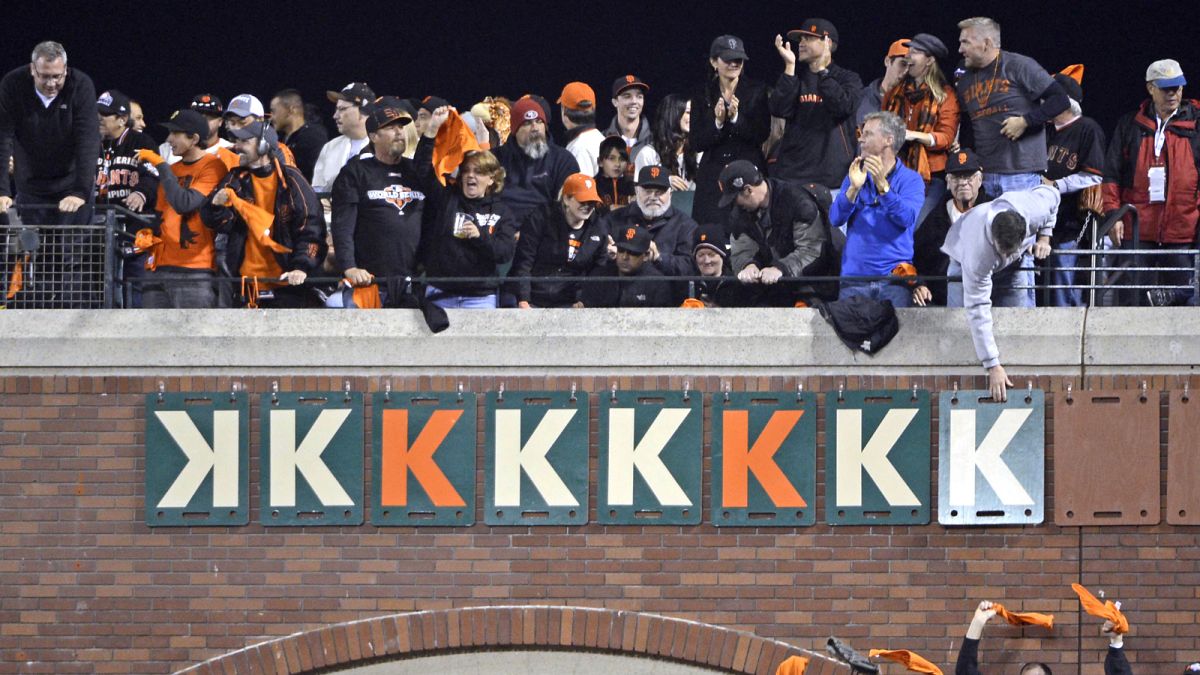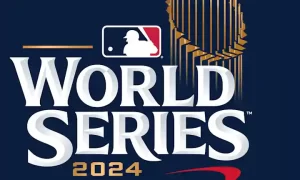The Real Reason for Cashless Ballparks

The New York Boulders announced in a press release this past week that they would be joining the growing number of professional baseball teams in America moving to a contactless, or cashless, system within their home ballpark. For the unaware, a cashless system is exactly as it sounds, every transaction is electronic and the need for physical cash has been removed from the equation. The Boulders are simply following a troubling trend within the North American baseball landscape, one that has rippled from Major League Baseball down to unaffiliated ball. Why is this cashless movement so concerning?
To start with, it’s important to note that there are people who will benefit from a cashless system in a very minor way. The cashless system doesn’t truly improve the ballpark experience for these people, but it does make it easier for them to partake in transactions. I am one of these people. For me, there is no issue whatsoever in using my bank card and my bank card alone at the ballpark. I am middle class, the very bottom of the rung of what the business types who run baseball want to see at their stadiums. For people such as myself paying with cash is nothing more than a minor inconvenience at worst. It’s certainly not an issue at the ballpark that needs to be addressed.
At this stage, the proponents of the cashless system know where my argument is headed and will attempt to use the boogeyman of the Coronavirus override an effective and important argument. Let’s nip that fake monster in the bud before he has any sort of chance to gain traction. Taken directly from the Centers for Disease Control and Prevention,
“Surfaces can become contaminated with microorganisms and potential pathogens. However, many of these surfaces are generally not directly associated with the transmission of infections to either healthcare workers or patients. The transfer of pathogens from environmental surfaces is largely due to hand contact with the surface (e.g., frequently touched surfaces). Touch contamination may lead to cross-contamination of patient care items, other environmental surfaces, self-contamination, and possible infection after touching one’s face or mouth.”
The brass tack of what they are saying is that, while COVID can live on surfaces, it is not transmitted via those surfaces. Rather, surface transmissions are actually due to people not enacting proper hygiene. We have known since the start of the spread of this particular virus that we should not be touching our mouths with our hands when we know we haven’t washed them. Beyond that, the number one method for transmission of COVID is aerosolization. The danger at the ballpark isn’t the exchange of cold hard cash. Rather, it’s the unvaccinated person who thinks it’s okay to traipse around the ballpark without a mask on.
With that argument squashed, the heart of this matter is simple. The business owners of baseball want to move to a cashless system because it will keep the poors away from their ballpark. They know that by instituting a cashless system and exploiting the COVID pandemic to that end, they will be able to drastically restrict the patrons to their park. The owners of baseball don’t want folks who are coming to the ballpark to sit in the cheap seats, spend a little bit of cash and watch a game. They want people who are coming to sit in a luxury suite and spend lots of money around/in the ballpark on merchandise, food, etc. Poor people don’t spend that type of money; baseball owners would rather the poor people just stay home. What better way to do that than instituting a policy that ensures a large chunk of the population who don’t own bank cards, only spend cash when they go out, and operate on strict budgets will be left outside the ballpark?
I know plenty of folks think that there’s no way the owners throughout baseball are moving to a cashless system to keep poor people out of their parks. I could rail away with a multitude of reasons why they are doing just that. The people who disagree with what I’m saying aren’t going to listen to what I have to say. How about you listen to former Seattle Mariners President Kevin Mather say the quiet part out loud about why it would be in his team’s best interests to move to a cashless system. Listen to his words and then decide if you want professional baseball to be for everyone or if you’re okay with poor people being left out of the sport.
















